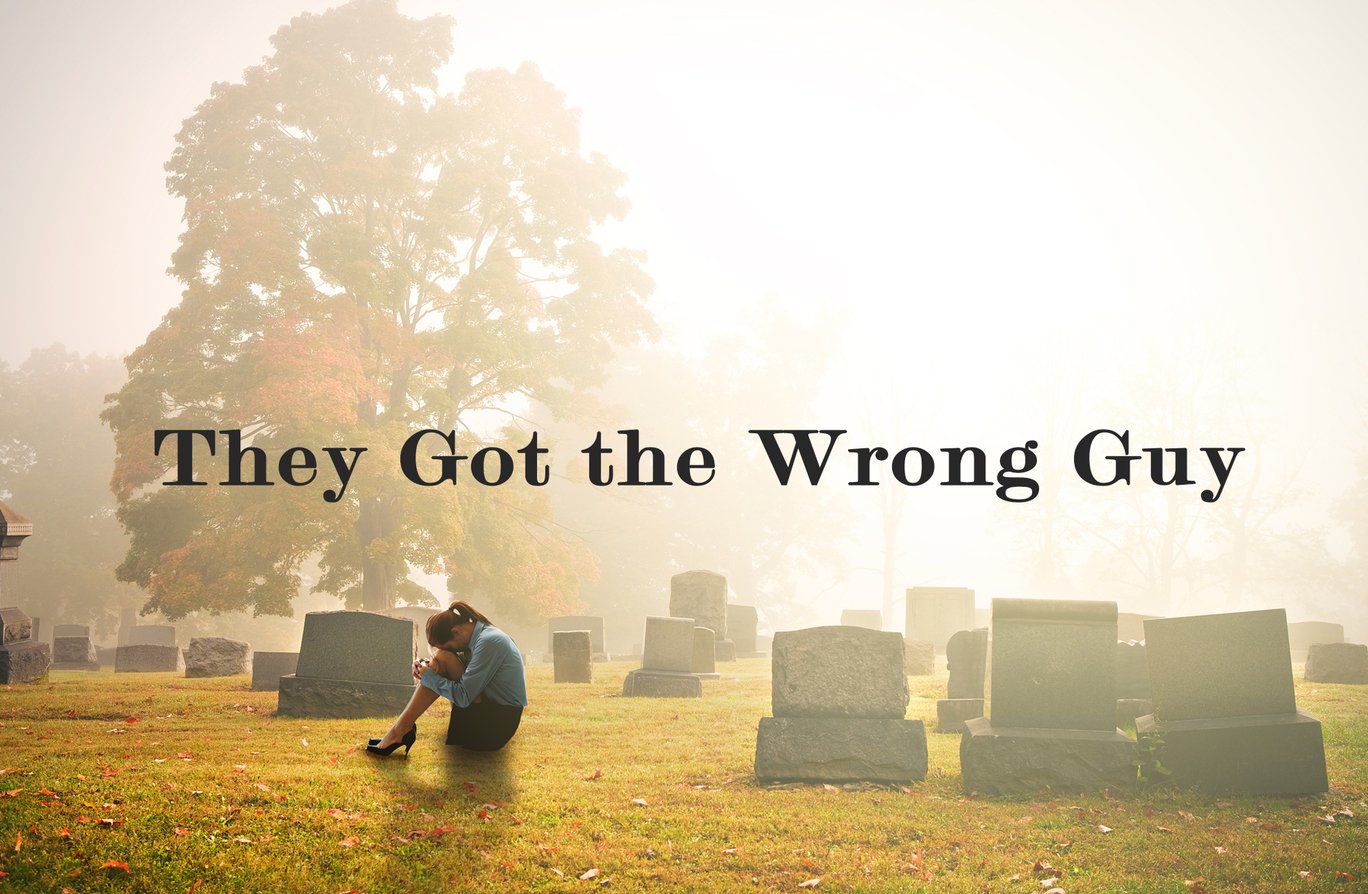They Got the Wrong Guy
We live in a world where sometimes the innocent suffer and the guilty seem to prosper. This can be discouraging, but can it help us live our life better?

It was only one isolated shooting, so it didn’t make national headlines or cause a loud uproar. In fact, I would have been completely unaware that the young man had ever existed and died if his mother hadn’t been friends with one of my coworkers. Not only did she tell me about his death, but she placed it in a perspective that makes one question life itself.
My coworker gave me a brief glimpse into who the murdered man was—a picture that I doubt I would have gotten from the news reports. He had just turned 18 years old and was a senior in high school, so his entire high school class is probably affected by his death. Of course, his death also leaves a grieving family.
Besides his weeping mother, he also left behind a sister. They lived in a quiet, suburban neighborhood outside of Dallas, Texas.
No death is pleasant, but something especially startling about his death is that there’s no apparent reason for it. He wasn’t involved with drugs or any other crime. He wasn’t targeted as payback for something he did to someone else. He had nothing to do with the shooter, and yet he was still shot. This was the point that hit my coworker the hardest. She told me multiple times:
“They got the wrong guy.”
Suffering of the innocent
When you see or hear about an innocent person dying or suffering, it’s easy to wonder what the point of life is. If those who do nothing wrong suffer while the wicked get away with their wickedness, then life can seem unfair and even pointless.
This isn’t a new conundrum for mankind. Solomon pondered the same dilemma: “Then I returned and considered all the oppression that is done under the sun: And look! The tears of the oppressed, but they have no comforter—on the side of their oppressors there is power, but they have no comforter” (Ecclesiastes 4:1).
Solomon’s conclusion about life, especially the suffering of the innocent, was, “Vanity of vanities, … all is vanity” (Ecclesiastes 12:8). Vanity, as Solomon was using the word, means pointless. That was Solomon’s conclusion about this physical human existence—it’s like a fleeting vapor, like grasping at air.
When we see the deaths of the innocent—whether in the deserts of Syria or on our own streets, we can easily reach the same conclusion. It’s all vanity. The type of person that we are doesn’t seem to matter. Being good can seem pointless because we can still suffer a fate worse than the bad.
But that thinking misses an important dimension.
The conclusion of the matter
Solomon didn’t stop with this physical life, and neither should we. When we look at this physical life, it is nothing but vanity. We are born, we live for a relatively short time, and then we die.
Beyond the inevitable death that will strike us all sooner or later, there is hope.
But there is more to life than that. Beyond the inevitable death that will strike us all sooner or later, there is hope. In the end, Solomon saw it, and shared it with us.
“Let us hear the conclusion of the whole matter: Fear God and keep His commandments, for this is man’s all. For God will bring every work into judgment, including every secret thing, whether good or evil” (Ecclesiastes 12:13-14).
Not innocent
To my knowledge, the person who gunned down the 18-year-old boy for no apparent reason has not been apprehended by the police. But that doesn’t mean that he’s gotten away with it. There is coming a time when God will judge all of mankind, and there will be an accounting for sins.
You probably haven’t murdered anyone, but you have sinned. Any sin is a transgression of God’s law, which requires the death penalty (1 John 3:4; Romans 6:23). This doesn’t mean that God will strike everyone down before His judgment seat. In His mercy, God has provided a way to eternal life through the sacrifice of His Son (John 3:16). Whether or not the murderer of the boy knows it or even cares, he will be held accountable and, unless he repents, will face eternal death.
We can’t answer for him—but if you’re reading this blog post, you can consider the future judgment of God and make right decisions now—like choosing to fear God and keep His commandments.
In this life, there will be times when the innocent will die, and there will also be times when the wicked seem to prosper. But there is coming a time of judgment and justice. Where will you stand on that day?
To learn more about the coming judgment of God, read “Judgment of God: The Real Story.”
Date Posted: April 28, 2017

 by Joshua Travers
by Joshua Travers

